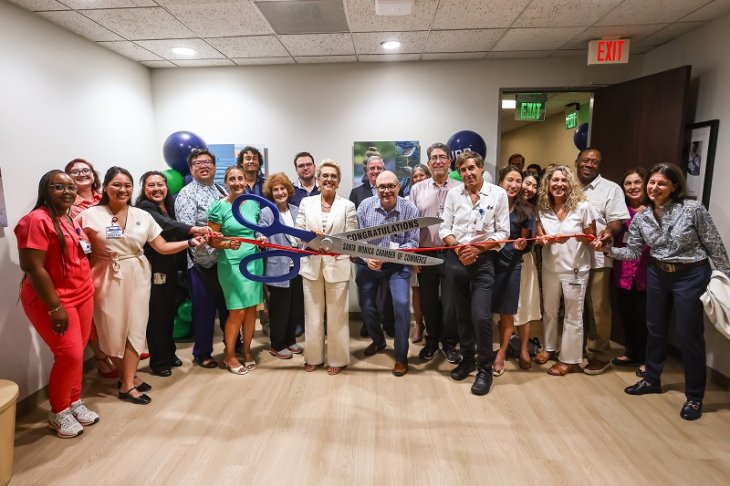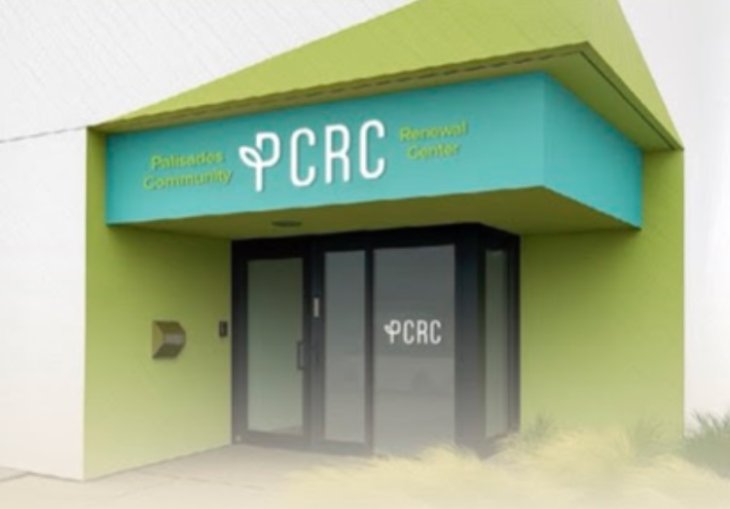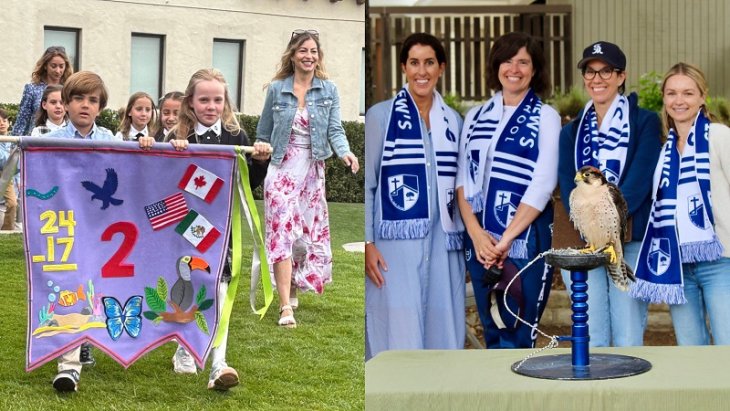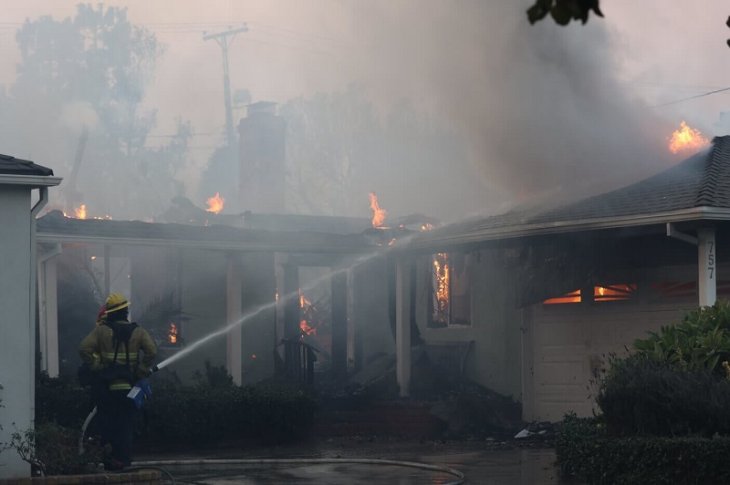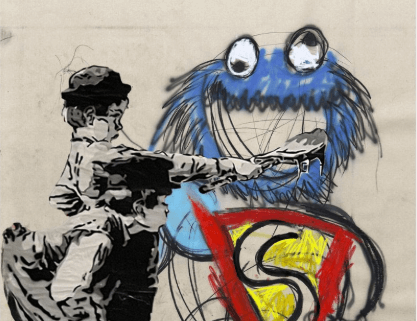An acclaimed educational program, thriving professional development program, lauded speaker series and inclusion and outreach across Los Angeles defines the innovation and tradition behind The Willows Community School.
This year, The Willows is celebrating the helm of its balanced progressive education and commitment to social emotional learning with its celebration of its decade-long adoption of the Yale Center for Emotional Intelligence RULER approach, developed by Marc Brackett, Ph.D.
RULER is an acronym, representing the five skills of emotional intelligence: Recognizing emotions in oneself and others; Understanding the cases and consequences of emotions; Labeling emotions with a nuanced vocabulary; Expressing emotions in accordance with cultural normal and social context; and Regulating emotions with helpful strategies.
“Character and heart are essential to The Willows’ definition as a place ‘where great minds grow.’ Emotional intelligence, the ability to manage one’s own emotions and perceive the emotions of others, is vital to academic and classroom performance, health, and success and viewed as paramount at The Willows,” said Lisa Rosenstein, Head of School.
Having always committed to social emotional learning and the whole child since its founding over 30 years ago, The Willows school adopted the RULER approach as a universal language for its students 10 years ago — something “we could all learn as a community. Its focus on regulation and regulation strategies resonated with us,” Rosenstein said.
“When a child is emotionally blocked or having a hard time, learning becomes imperative. But if you’re anxious, fearful or distracted, you can’t focus on learning. RULER helps children identify how they might be feeling, and it lets them develop different strategies to allow them to learn and better understands themselves,” Rosenstein said.
In the context of teaching RULER, strategies vary among different subjects such as literature, arts, mathematics, media literacy or social studies. As more teachers within the school are trained to use RULER, classroom discussions are becoming deeper, and teachers are working better together. Many are becoming trained to present RULER, sharing their approach with other educators and a community of schools that could benefit from using the approach.
“Community is an intentional part of our name, and this is one of the ways we reflect that culture by forwarding the impact of social emotional learning through RULERwith students, faculty, schools, and families,” Rosenstein said. “RULER allows the school to use the fundamentals of the approach in a way that works for the school. You might see it implemented differently in a more traditional school; every school can use it.”
The Willows’ focus on social emotional learning, and the RULER approach helps prepare students to become adults who value empathy, make sound decisions and practice ethical behavior.
“Young students are learning strategies to understand and control themselves while working toward a deeper understanding of the world we live in,” Rosenstein said.
As the school celebrates 10 years of RULER, The Willows finds this approach to be synchronized with its mission to foster capable and confident individuals who demonstrate character, engagement and a joyful passion for creative inquiry across a lifetime. While the school’s progressive curriculum is rooted in engaging learning experiences, The Willows believes that emotions matter and being able to recognize, express and regulate one’s emotions is essential for social-emotional development and academics.
To learn more about The Willows Community School, visit TheWillows.org.




